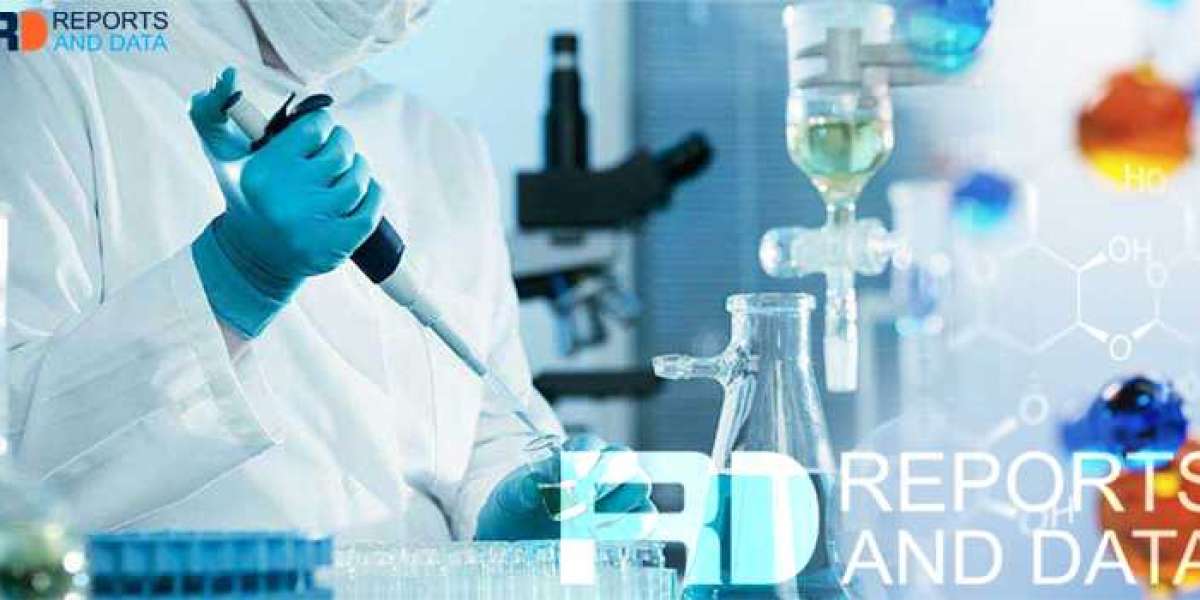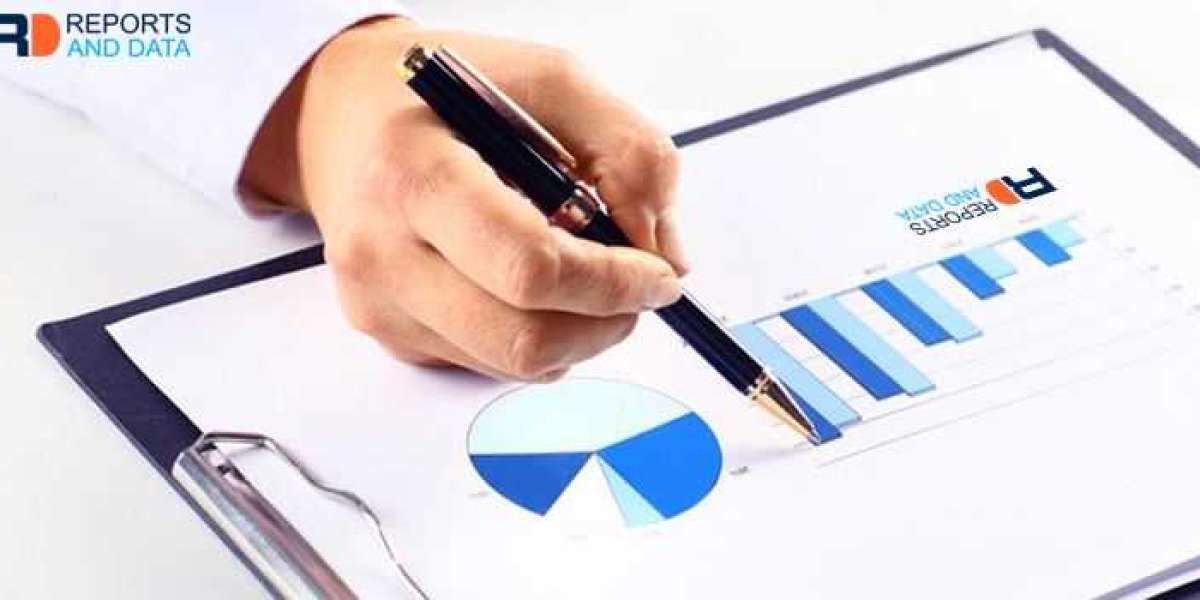Top Boosters and Challenges
Accelerated burden of autoimmune disorders including type 1 diabetes among newborn babies has raised the need for accurate and rapid diagnostics worldwide. Diagnostics and research institutes around the world are introducing initiatives along with government firms due to the surging cases, in line with the surge in healthcare spending. The National Institutes of Health suggests that autoimmune diseases are among the top five disorders that result in high mortality rates, especially among women.
Active involvement of various government bodies is touted to be favorable for the global industry. Organizations like Cooperative Study Group for Autoimmune Disease Prevention, North American Rheumatoid Arthritis Consortium and Autoimmunity Centers of Excellence are proactively working on educating people as well as medical professionals about effective diagnosis and treatment. Surging awareness among the mass with regard to these disorders should bolster market growth in the coming years. Besides, frequent technological advances and the surge in lab automation rates will be major trends, with clinicians now able to carry out multiple tests simultaneously at a faster rate along with more precise and successful results.
Key companies are taking up effective steps such as acquisitions, mergers, collaborations, product launches and partnerships to garner a higher ground in the global industry. To illustrate, in May 2021, LabCorp acquired Myriad Genetics' autoimmune diagnostics business for USD 150 million. This autoimmune business’ acquisition will mean that LabCorp will now own Vectra rheumatoid arthritis assay, a blood test that studies 12 biomarkers including CRP and IL-6 to provide an accurate measure of the disease activity based on a 100-point scale.
Market Scope
Autoimmune disease diagnostics market in 2020 was worth USD 3300 million, says Market Research Future (MRFR). It is anticipated that the market size could grow at a rate of 7.6% between 2020 and 2027.
Market Segmentation
The autoimmune disease diagnostics industry can be considered for disease type, test type, and end-user.
With respect to disease type, the market caters to localized autoimmune disease as well as systemic autoimmune disease. Systemic disease types should procure the fastest growth rate in the years ahead, thanks to the supportive government initiatives, particularly the AMP RA/SLE program for those afflicted by systemic lupus erythematosus and rheumatoid arthritis. This program is expected to offer a platform for the creation of novel therapeutics as well as disease-specific databases for use in research activities in the future. However, localized autoimmune disease is the highest revenue generating segment in the global industry, given the high patient awareness and demand for more precise diagnosis methods.
The test types covered in the report are agglutination, enzyme-linked immunosorbent assay (ELISA), western blotting, dot blot, double immune diffusion, line blot, counter immune-electrophoresis, multiplex immunoassay, immunofluorescence assays (IFA), and more.
The top end-users in the industry are research laboratories, diagnostics centers, hospitals, and others. Soaring number of hospitals with modern facilities and services have led to higher number of patient visits, and therefore, the segment is touted to secure the leading position in the years to come.
Reputed Contenders
Reputed contenders profiled in the MRFR study are EUROIMMUN AG, bioMérieux SA, Beckman Coulter, Inc., Inova Diagnostics, F. Hoffmann-la Roche, Siemens Healthcare Private Limited, Inc.,Myriad Genetics, Inc., AstraZeneca, Hemagen Diagnostics, Inc., Thermo Fisher Scientific, Bio-rad Laboratories, Trinity Biotech Plc., and more.








